- 292 Posts
- 1.72K Comments

 9·2 days ago
9·2 days agoAll generalisations are great.

 2·2 days ago
2·2 days agoIf the line is trending higher all the time, that’s going to happen often.

 7·2 days ago
7·2 days agoHow would a massive political upheaval make it rain? Seems more a matter of climate change than regime change.

 7·2 days ago
7·2 days ago*Intermittently sweaty.

 13·3 days ago
13·3 days agoI feel bad for their kids.

 8·4 days ago
8·4 days agoThe best bit is that if you lose patience and cancel, the “Cancelling…” takes even longer than finishing the job would have done. I really have no idea what’s going on. Journalling file systems in Linux don’t have to do this.
It usually works fine. If later you find something isn’t working, you can just install what you need. I’ve done this several times and had it just work, even on machines with very different hardware.

 21·4 days ago
21·4 days agoI copied 400GB of assorted files in an RDP session today and Windows had to think for a minute or two, then copy them ever so slowly, then stop at 99% done, then crash Explorer and disable the start menu and taskbar and CTRL-ALT-DEL and all ways of getting to the Task Manager, and then freeze the whole machine so that I had to travel to the physical machine and hold down the power button, since when it has been unusably slow because Windows now wants to rebuild the RAID array, which takes days. This was a pretty average Windows session.

 77·5 days ago
77·5 days agoNot 99%. Windows has many usability issues. I’d vote for “dont steal focus and stick windows in front of where I’m typing” and “don’t move things just as I go to click on them” for a start, and also “don’t somehow take an hour to delete 50 files.”
For people to test, you need management that is willing to invest in QA. But that incentive disappears for a corporation when there’s no free market of competitors who can poach your customers by making a better quality product or service.

 23·5 days ago
23·5 days agoWindows should just tell you “The file is in use by <actual information here>” by default.
Didn’t Microsoft fire their dedicated human testing team in about 2014?
LILO
Now that’s a name I’ve not heard in a long time.
The public, aka Microsoft QA Team, found the bug. It’s a QA success!
Are we doing product placement like reddit now? Lemmy has grown up!
For now, Android is the best compromise between functionality and openness that’s suitable for daily use, especially GrapheneOS. Hopefully some of the Linux alternatives will develop to that point soon, but by all accounts they’re not there yet. So it’s worth fighting to keep what we have until we can use something more open.

 13·8 days ago
13·8 days agoGreetings, fellow Candians!

 4·8 days ago
4·8 days agoIn my experience many Canadians are pretty loud too. Americans may have the edge though.
Yeah, the places to use it are (1) boilerplate code that is so predictable a machine can do it, and (2) with a big pinch of salt for advice when a web search didn’t give you what you need. In the second case, expect at best a half-right answer that’s enough to get you thinking. You can’t use it for anything sophisticated or critical. But you now have a bit more time to think that stuff through because the LLM cranked out some of the more tedious code.

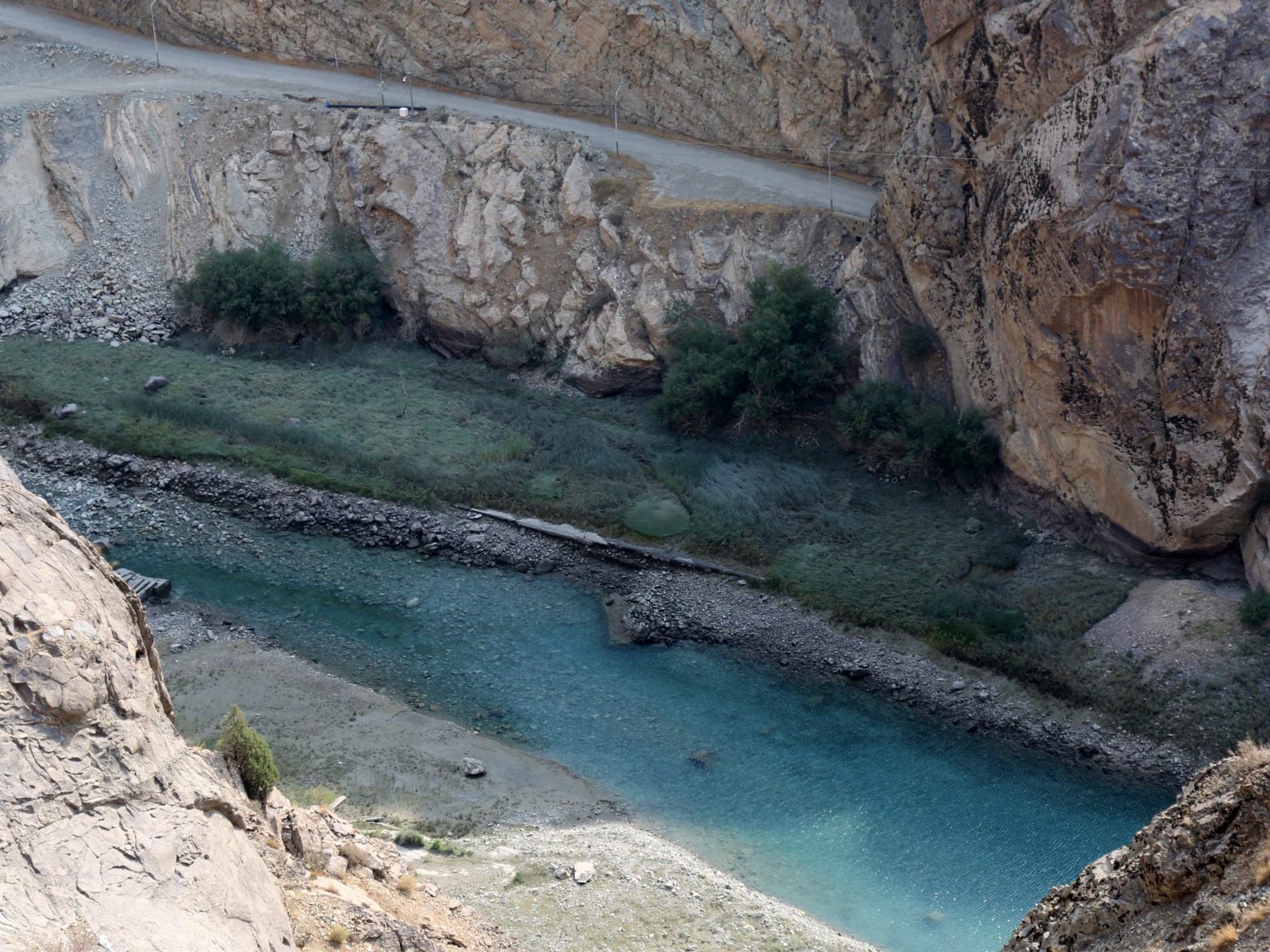







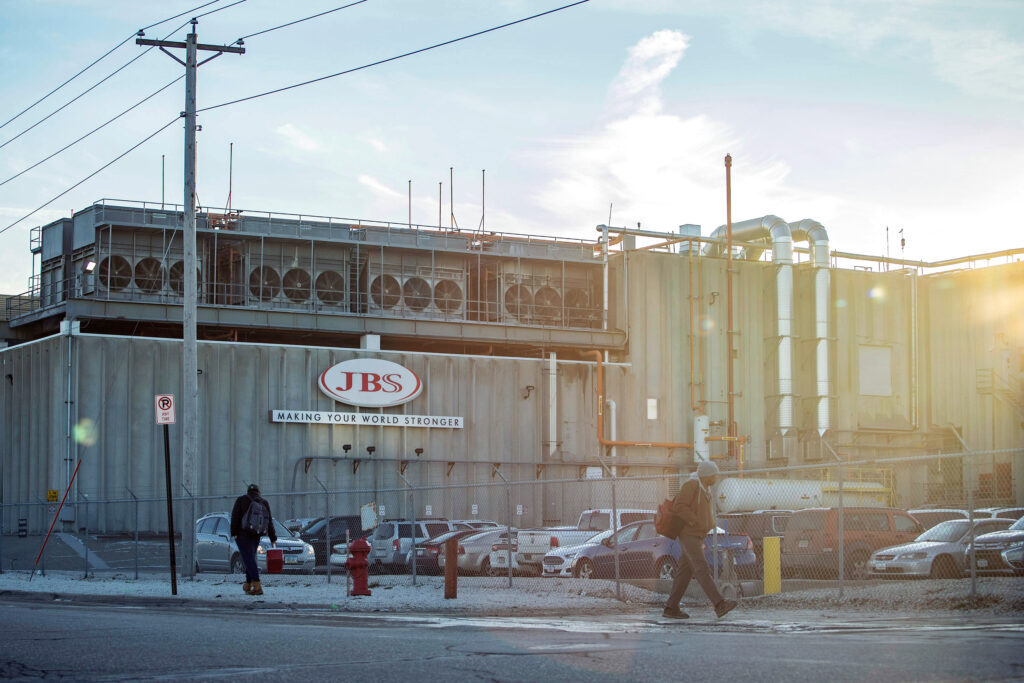
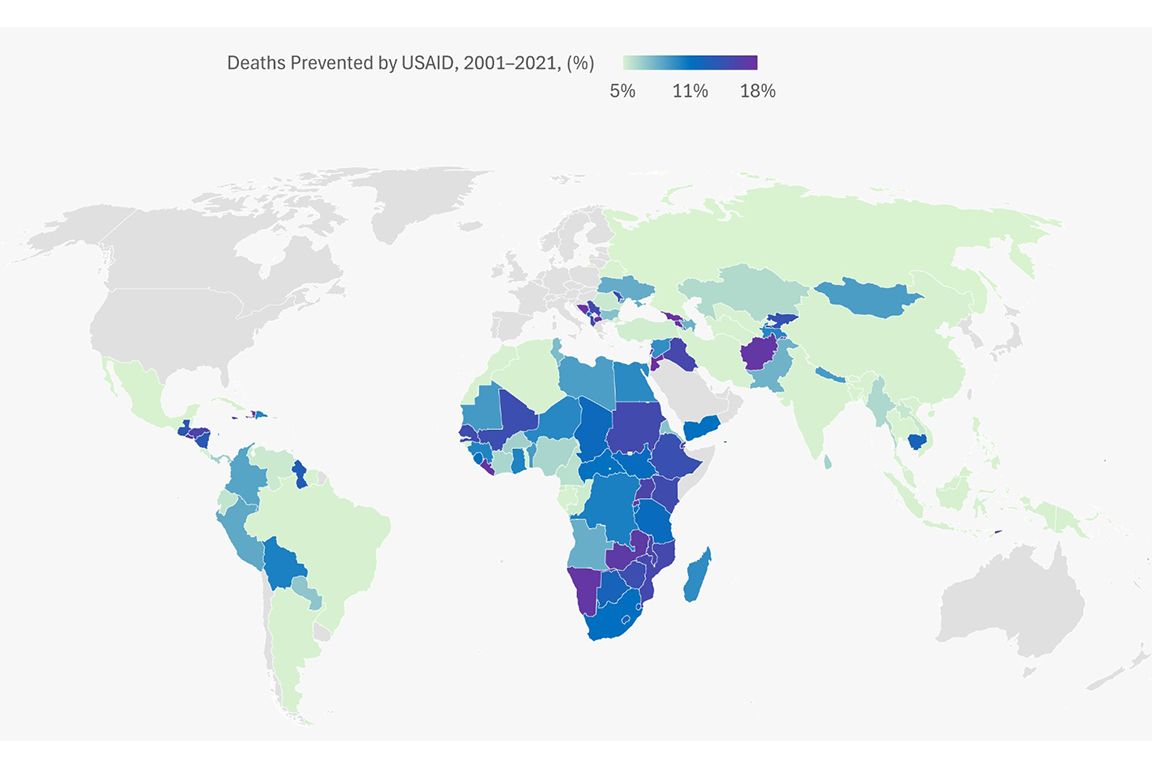
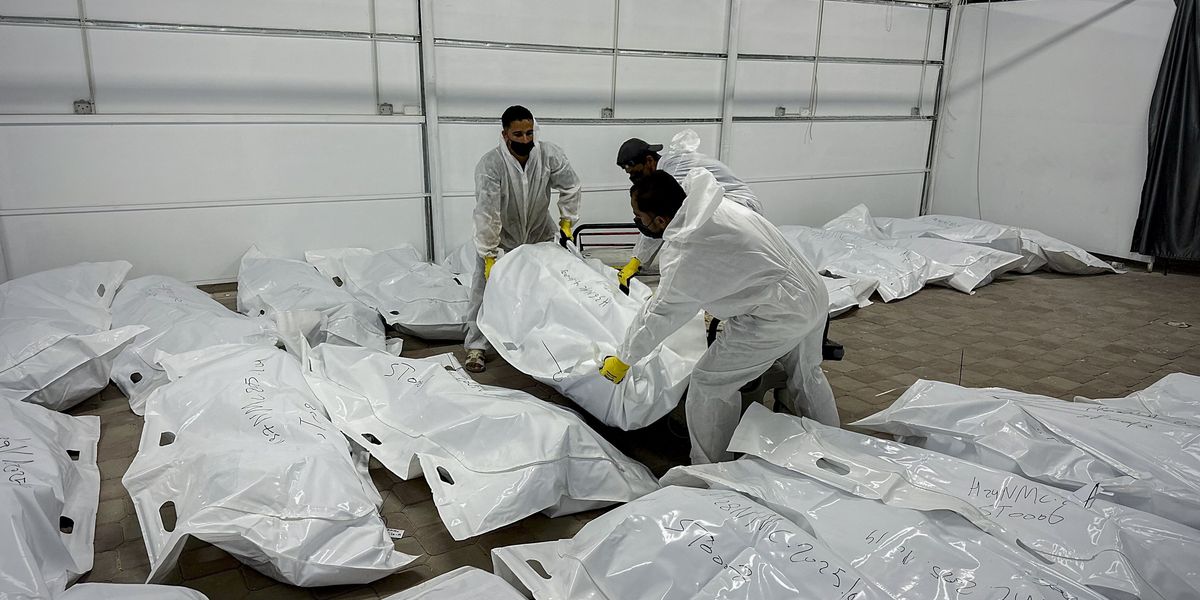


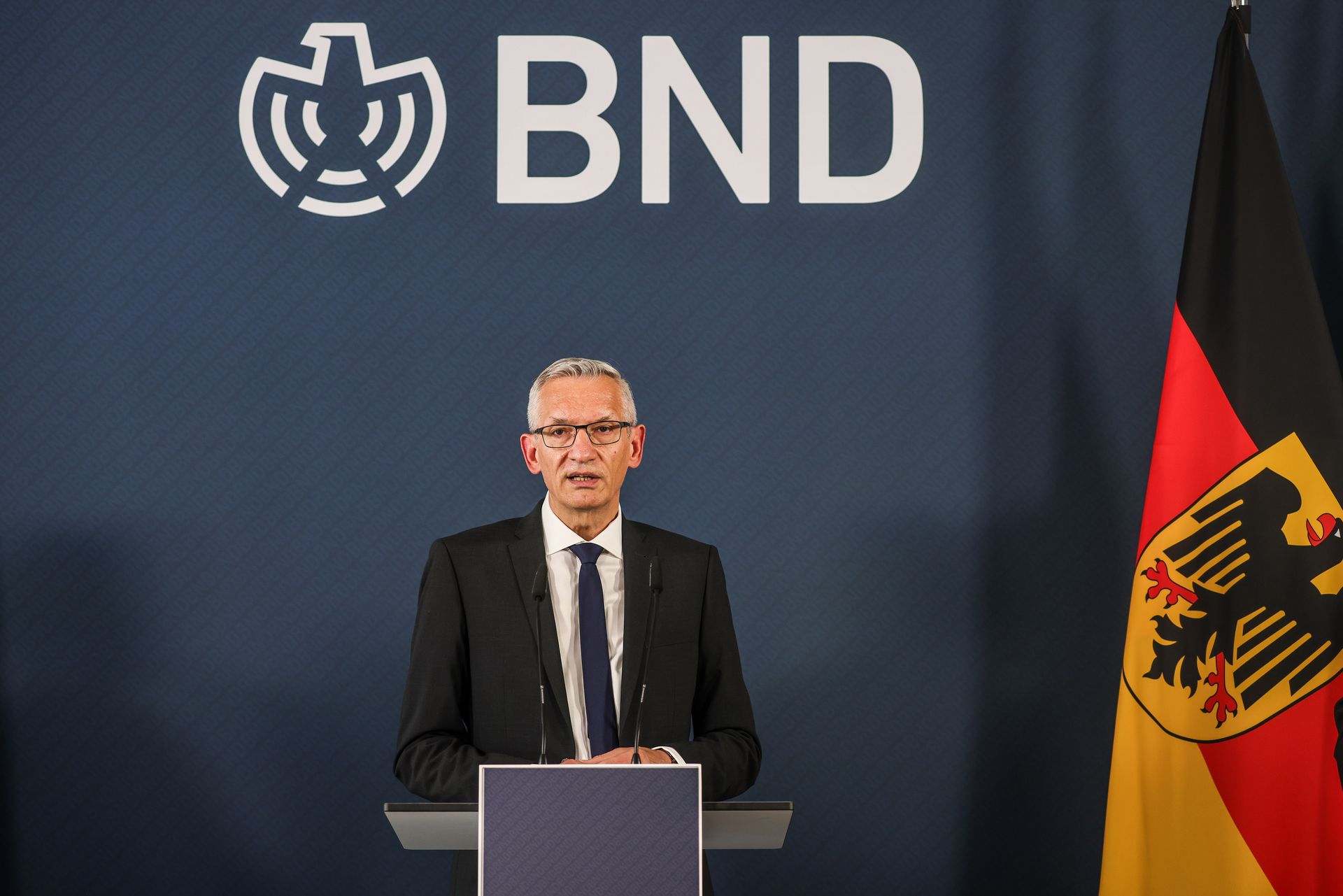








Poor guy. It sounds like he’s really struggling. Air India needs to do right by him and pay him enough for some good mental and physical care. The amount they have paid him isn’t nearly enough, as he could have lifelong problems from the crash.